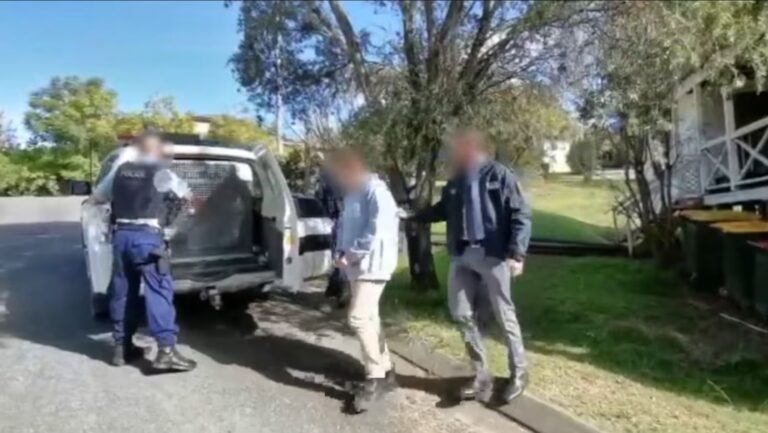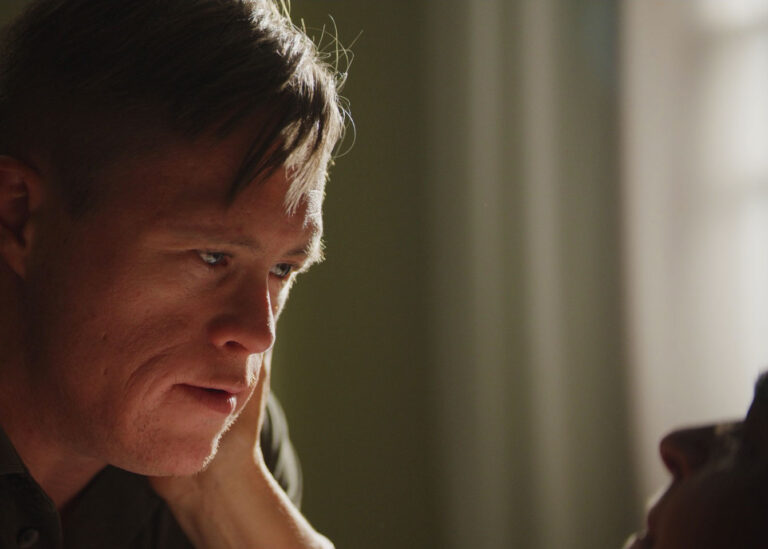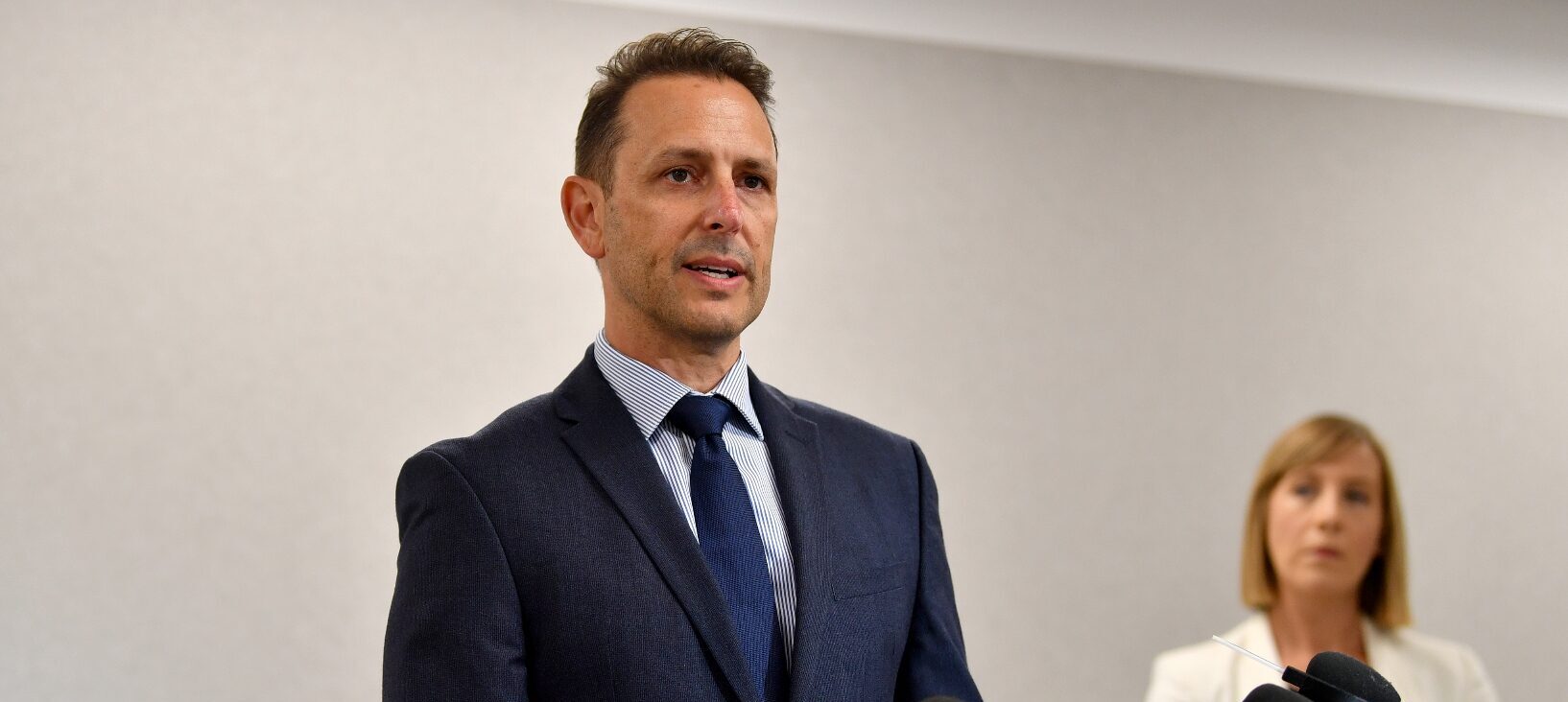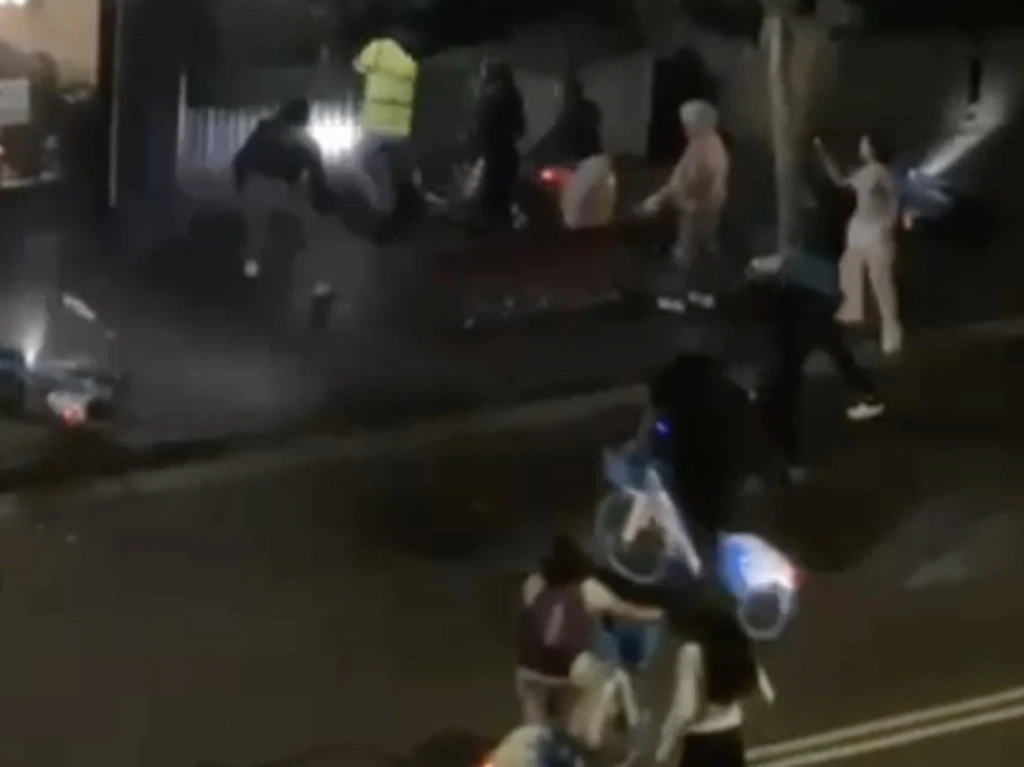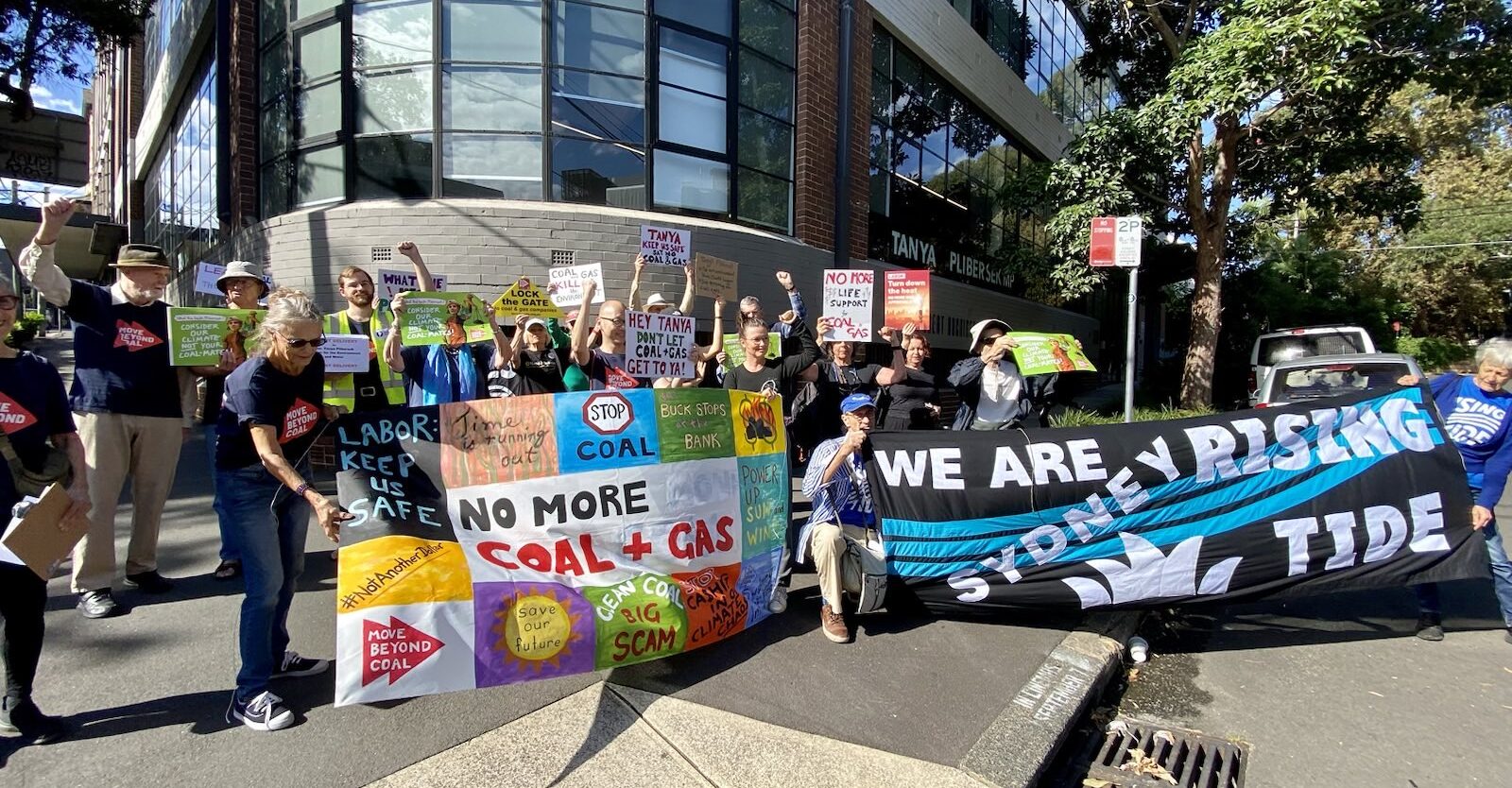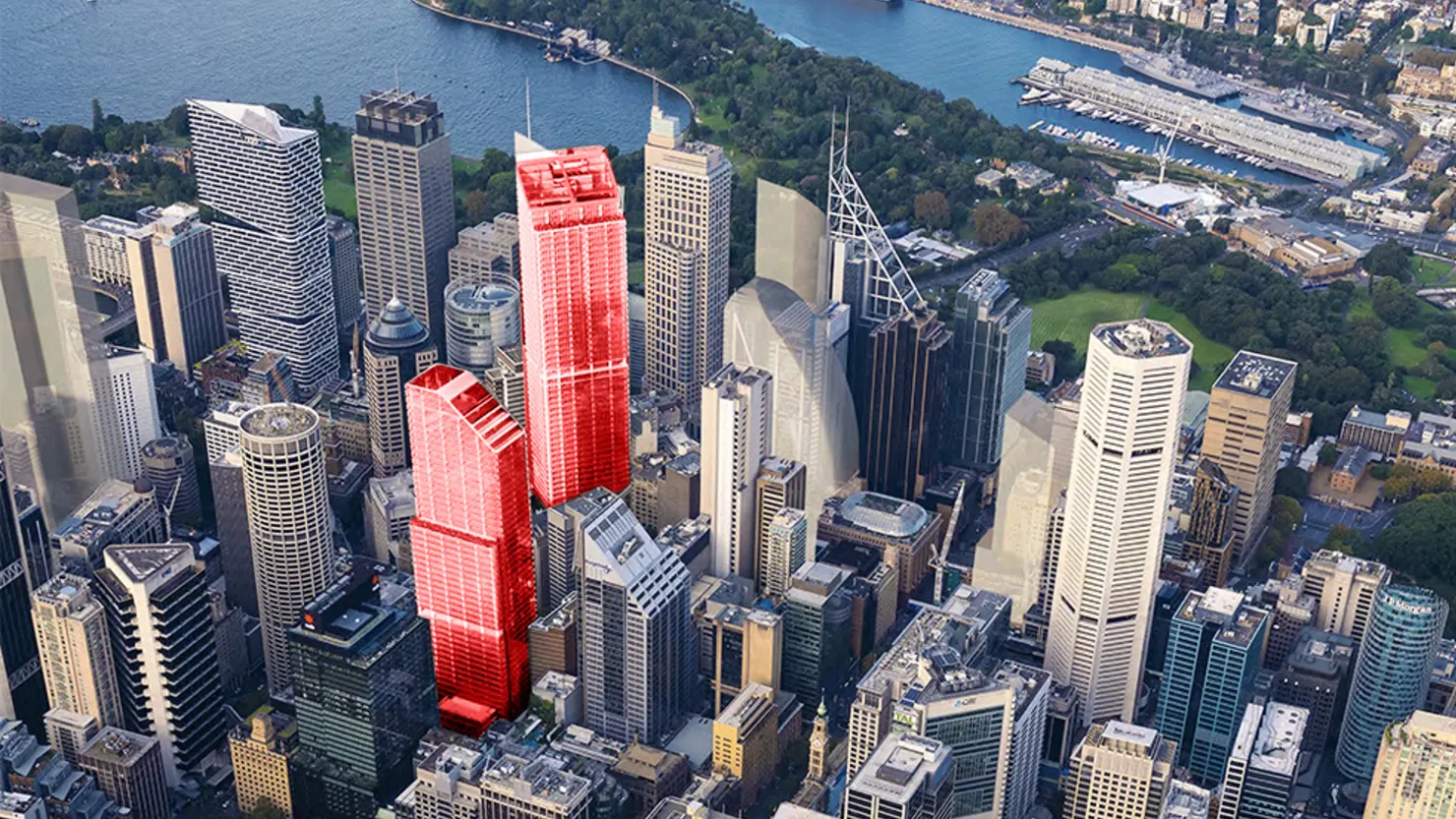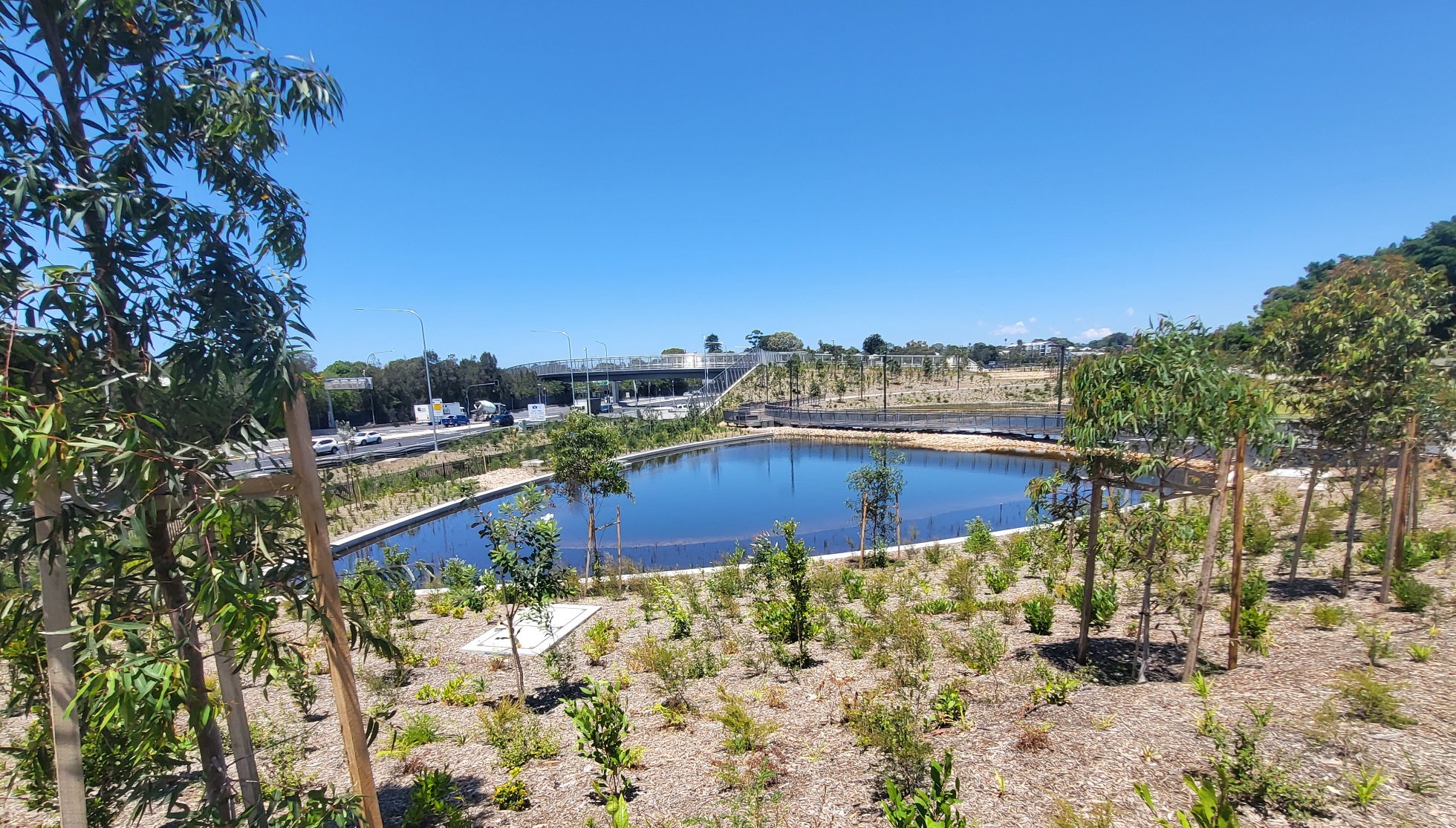
City of Sydney opposes state government’s secret plan to sell off billions of dollars of public land
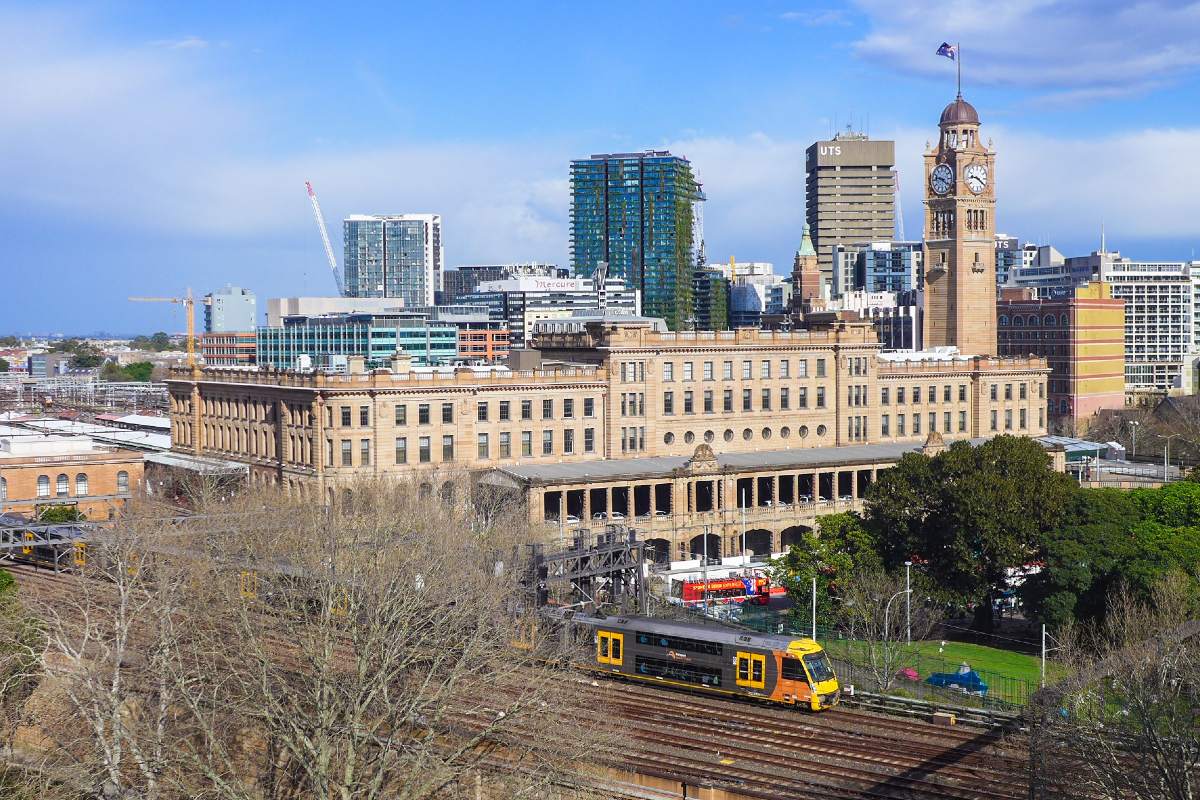
Image: A secret government plan to sell of billion of dollars of land along Sydney's train lines has been opposed by City of Sydney Council. Photo: wikimedia.org.
By AMBER GRIFFIN
The City of Sydney Council has carried a motion opposing secret government plans to sell off huge blocks of public land along Sydney’s Rail networks. The NSW government’s plan would allow the Transport Asset Holding Entity (TAHE) to become a developer and owner of assets, enabling the government to sell off a proposed $40 billion of Sydney Trains rail assets and rezone over 50 sites around train stations.
Sydney Councillor Linda Scott, who tabled the motion at a June 27 council meeting, says that public land in Redfern, North Eveleigh and Newtown is at risk of being sold off by the state government, as outlined in the uncovered plan.

“This secret plan reveals public land in the City of Sydney is on the hit list for the scandal-plagued Transport Asset Holding Entity (TAHE) to sell to raise funds for future overdevelopment” Cr Scott said. Council is concerned that sell offs of public land will put local businesses at risk.
“We don’t need our Redfern small businesses destroyed by mega malls, and we don’t need our beloved Newtown local restaurants shut down by food courts.”
The motion requests that the Lord Mayor Clover Moore writes a letter to NSW Premier Dominic Perrottet to “denounce the sell offs of public land within the City of Sydney area”, as well as engaging with local MP’s to work against the public land sell-offs.
$11.6 billion development in the works for land around Central Station
TAHE was set up by the Coalition Government in 2015 to hide the costs of the state’s railways by shifting billions of dollars of expenses off the state budget and into the new entity. Currently, TAHE plans to sell off and rezone public land near train stations in Sydney suburbs, to make way for high-density developments.
Within the City of Sydney area, the plan says there will be an advancement on the work of a $11.6 billion development of 24 hectares of government-owned land, located around Central Station, in addition to 10 hectares at Redfern and North Eveleigh.
Sydney Councillor Sylvie Ellsmore, who seconded the motion at the recent meeting, said that council’s role is to work with the state government to provide “community spaces, housing and transport our city needs”.
“We need to be building our public wealth, not selling it” Cr Ellsmore said.
“Holding onto public land is vital for the transport, community and public housing needs of our communities now, and into the future.”
When asked what strategies can be implemented to hold the NSW Government accountable, Cr Ellsmore shared that we need a broad-based community campaign to stop the sell-offs of public land, and turn the tide on privatisation.
“Council has a direct line to the State Government. It is also able to support communities to organise their own campaigns, through actions like giving free access to community spaces. Standing with their communities is exactly the sort of thing Councils should be doing.”
Community ‘sidelined’ if sell-offs go ahead
Local Community group REDWatch also has concerns about the sell-offs of public land in the Southern suburbs of Sydney’s inner city.
“Government trading enterprises like the TAHE save the government money by gobbling up the future options for the communities around their developments” a REDWatch spokesperson said.
“With the former Eveleigh Railyards now coming under the Transport Asset Holding Entity the rezoning and sale of rail assets to make money will again likely trump community outcomes”.
REDWatch says that the community will be left to deal with the “long-term cost” of the proposed developments.
“Heritage and community benefits get sidelined by the need to maximise the return to government.”
